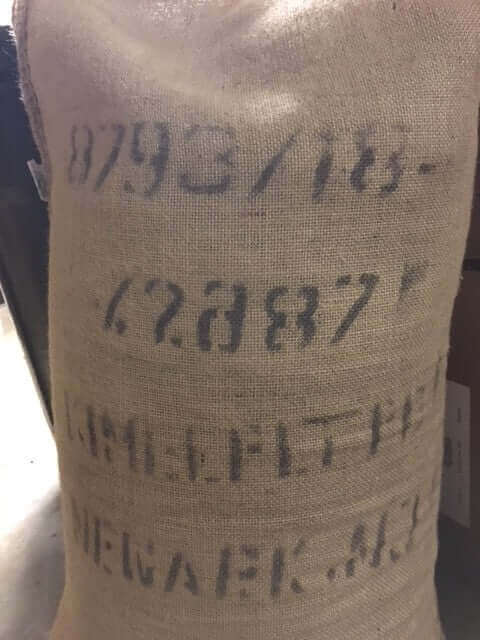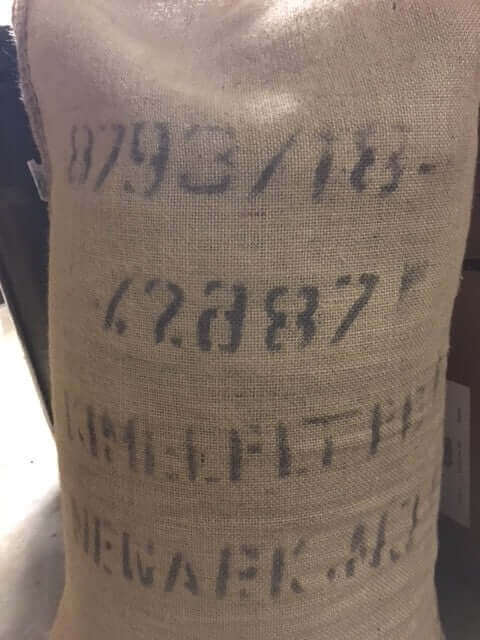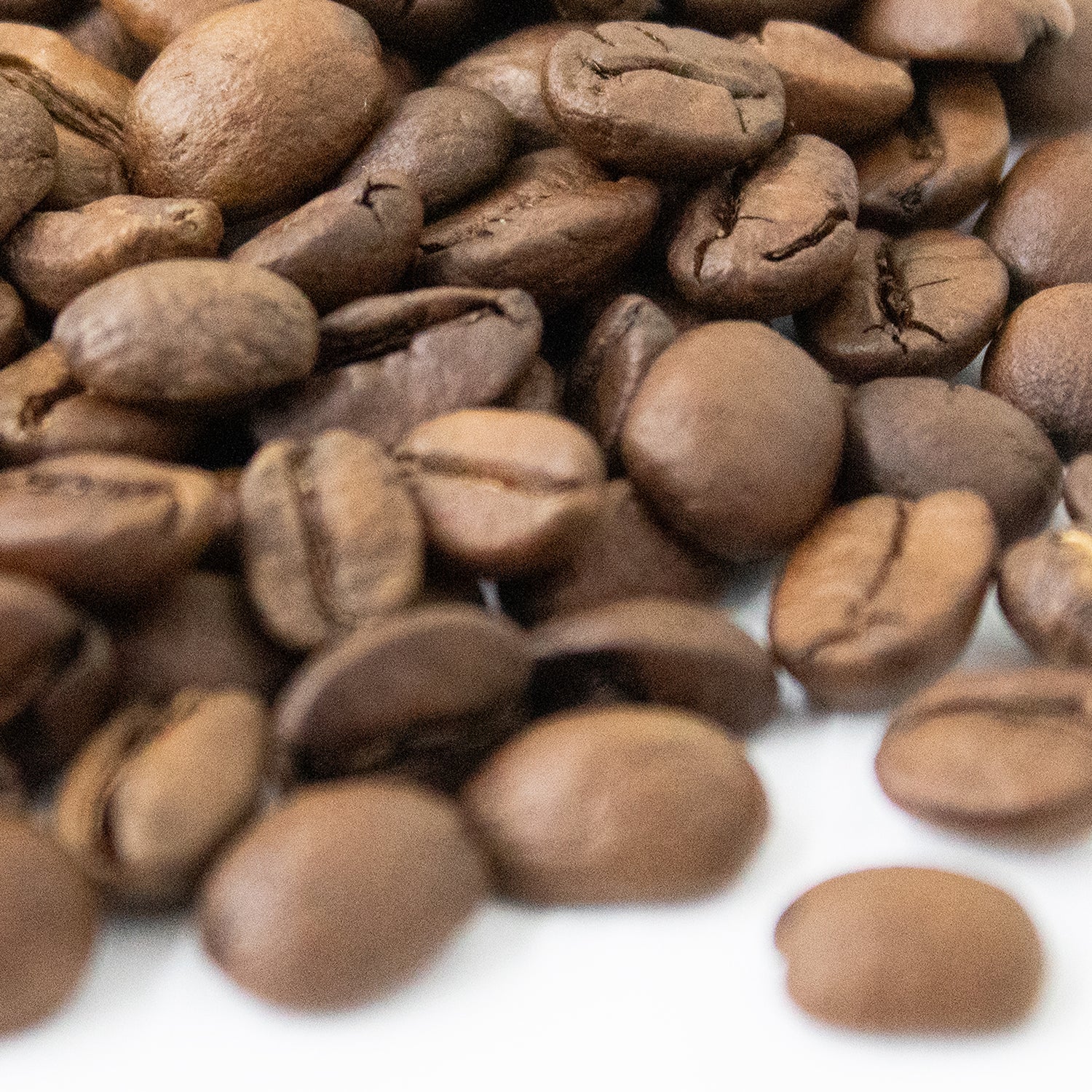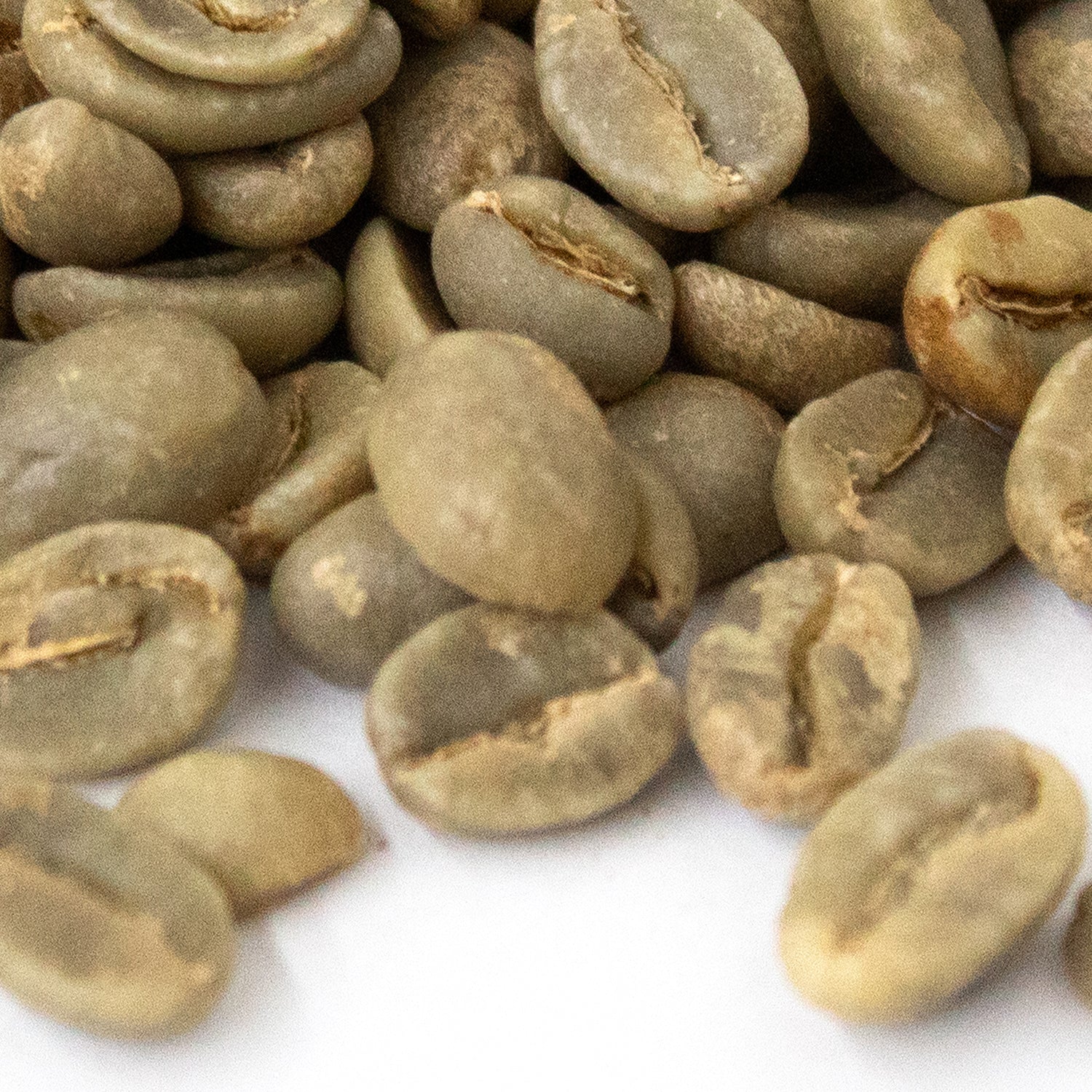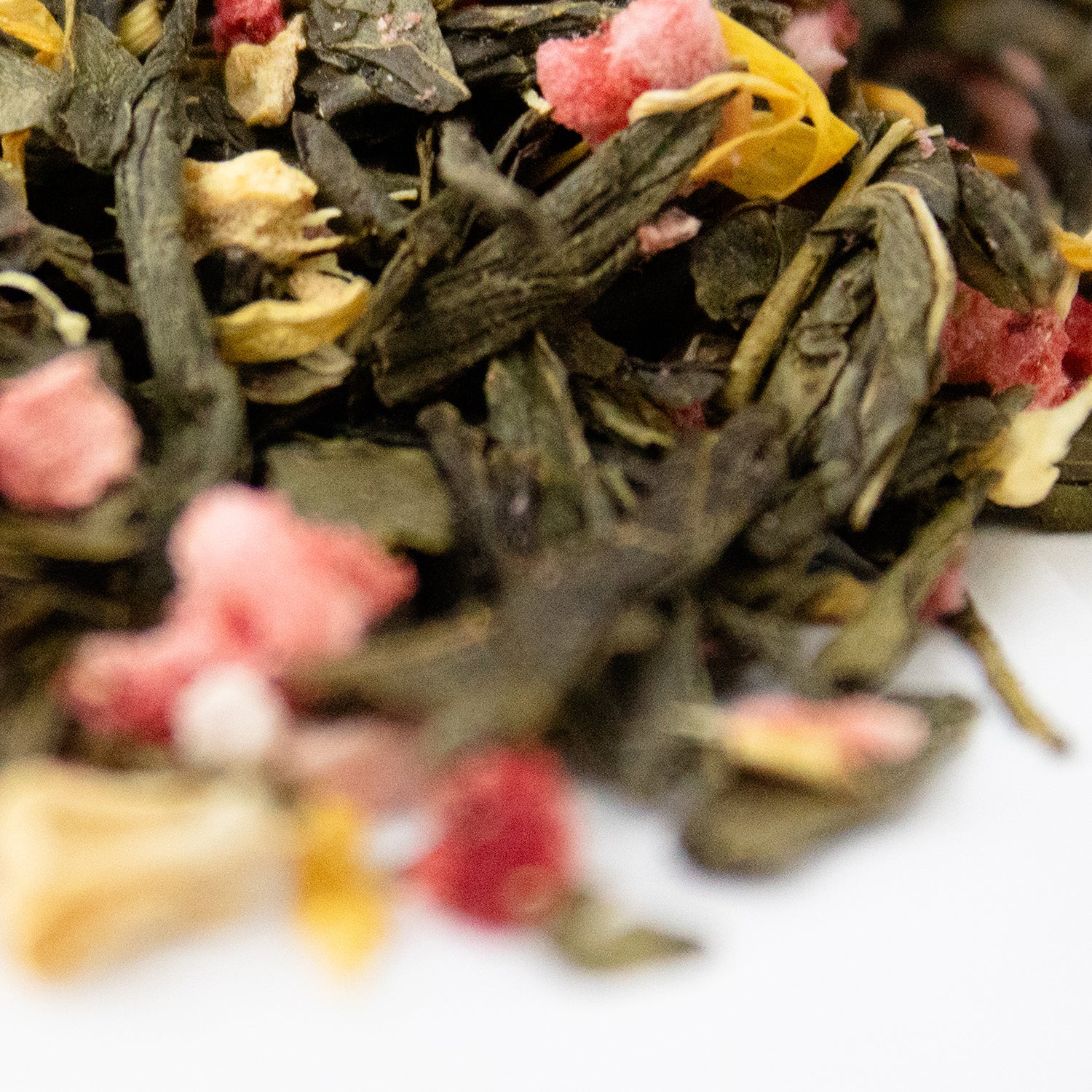Indonesian
Papua New Guinea Kimel Peaberry
Papua New Guinea Kimel Peaberry
I don't carry peaberries too often because peaberries are tough to roast if you have a hot-top or gene-cafe. It takes extra heat to roast a peaberry, and its tough to draw enough electricity to keep the bean up to the roasting curve (try faking out the machine and putting in less than a full batch, or else preheating the drum and starting the roast before dropping in the coffee).
Only about 5% of a crop is peaberry, so they are sorted out and sold at a premium, but even so there's just not that much of it to go around.
Almost every advice I read about roasting this bean suggested that it is best as a medium roast. But I much prefer it light. City Roast -- like a Kenya, or a few degrees darker then a natural processed Ethiopia. Get it out of the first cracks, but not much beyond that. This year it reminds me so much of a Kenya Peaberry, I could probably call it a Kenya and no one would suspect otherwise. The beans have a strong beautiful raspberry aroma and sweet juiciness (orange juice!) with clean aftertaste and slight buttery mouthfeel with medium body. There is a sparkling acidity up front. For me, taking it to Full City (not yet into the 2nd cracks but close to them) flattened out the taste and made it less interesting. And anything after that just got worse. This is one of the nicest Papua New Guineas you will find, and so you probably shouldn't blend it.
For more info about Papua New Guinea coffee and Kimel Estate, refer to the archived product. The Kimel Estate is one of the country's success stories, and there is a lot to feel good about supporting these farmers. They are rewarded for the labor and skill and care they put into growing us such great coffee every year. They use strictly organic methods, but this coffee carries no certifications.
US Arrival October 2020
